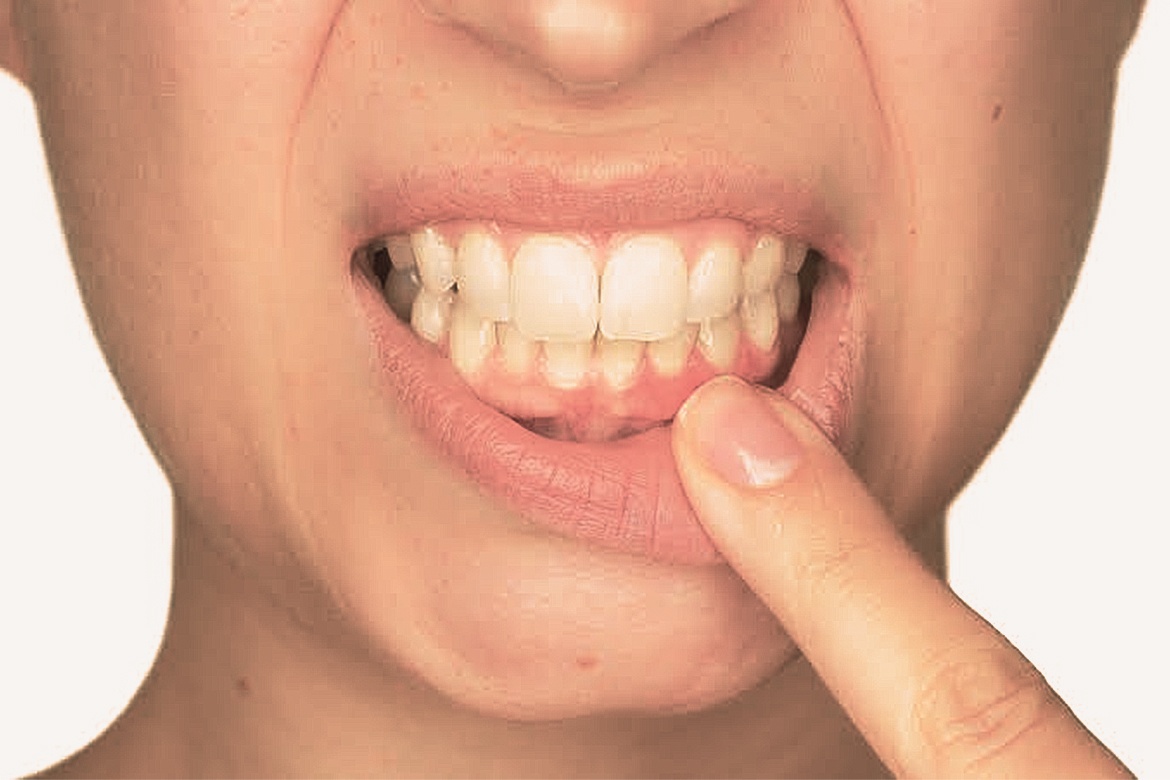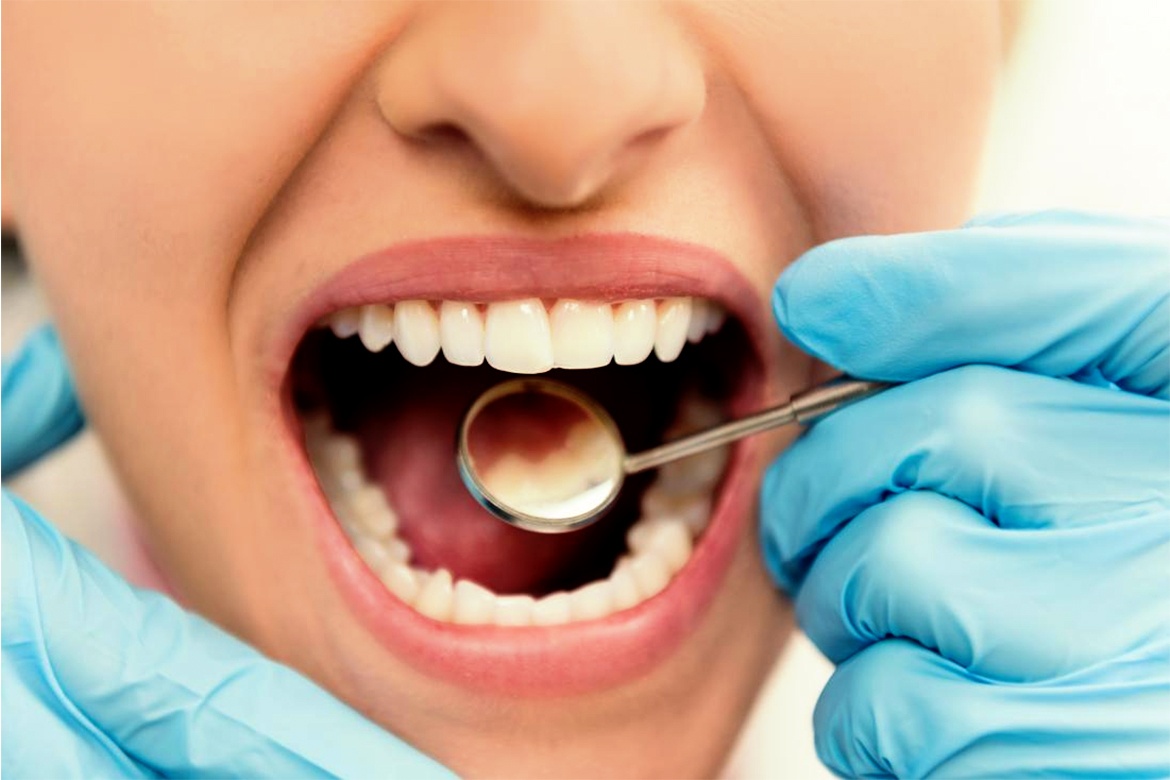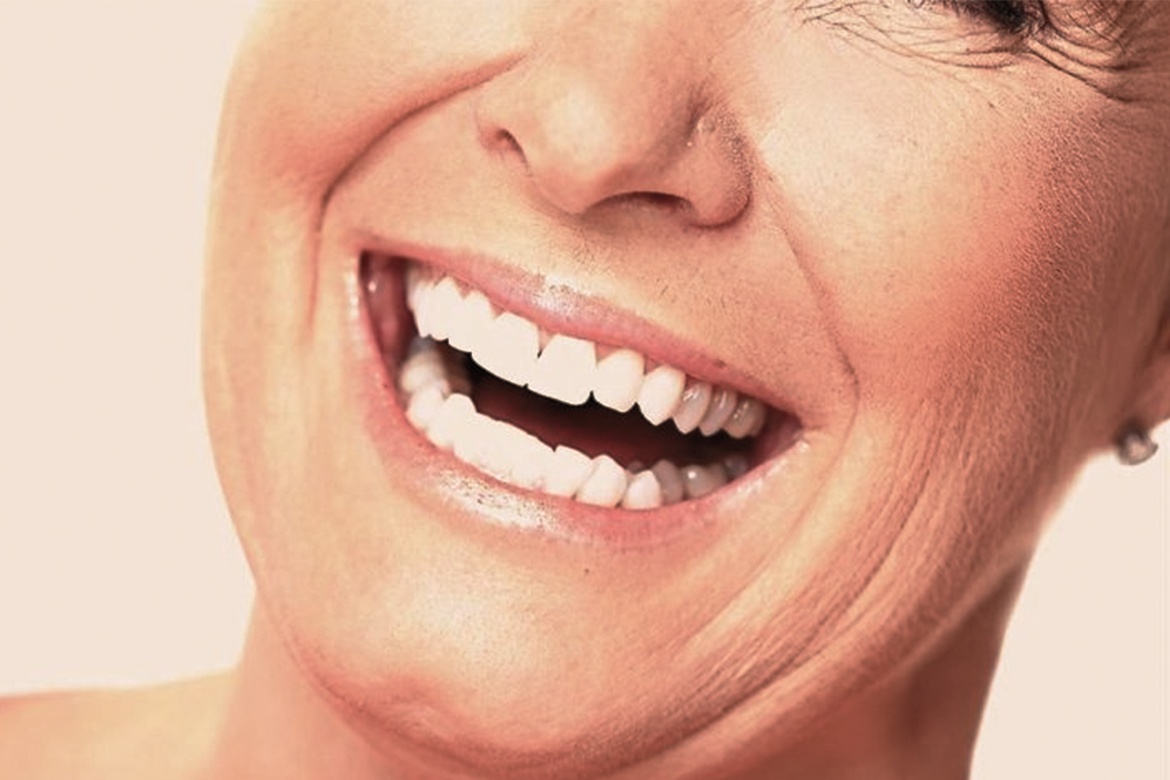Dental health is the health of your mouth, teeth and gums. It’s an important part of your overall health. And if you’re pregnant, it’s an important part of your prenatal care. Pregnancy can increase your risk for oral health problems, some studies show a link between gum disease and premature birth. oral health and pregnancy are related. families have a lot on their minds, but that doesn’t mean they can neglect their teeth and gums.
While you wait for your little one to arrive, here are a number of problems you can face:
1-Pregnancy and Periodontal Disease- Gingivitis

Nearly 60 to 75% of pregnant women have gingivitis, an early stage of periodontal disease that occurs when the gums become red and swollen from inflammation that may be aggravated by changing hormones during pregnancy. If gingivitis is not treated, the bone that supports the teeth can be lost, and the gums can become infected.
2-Cavities

Pregnant women may also be at risk for cavities due to changes in behaviors, such as eating habits. Women who have a lot of cavity-causing bacteria during pregnancy and after delivery could transmit these bacteria from their mouth to the mouth of their baby
3-Loose teeth.

High levels of the hormones progesterone and estrogen during pregnancy can temporarily loosen the tissues and bones that keep your teeth in place. This can make your teeth lose.
4- Pregnancy tumors
These tumors are not cancer. They’re lumps that form on the gums, usually between teeth. Pregnancy tumors look red and raw, and they bleed easily.
5-Tooth erosion
If you have vomiting for a long time your teeth may be exposed to too much stomach acid. This acid can harm the enamel (the hard surface) of your teeth.
Symptoms:
•Bad breath
•Receding gums
•pus along your gumline
•gums bleeding
•Toothache or other pain
•Loose teeth
•Mouth sores or lumps on the gums
•New spaces between your teeth
Prevent oral problems with these remedies
1-Brush your teeth with fluoride toothpaste twice a day and floss once a day.
2-if you can’t brush your teeth because of vomiting, use antacids or rinse your mouth
3-Visit your dentist for a regular dental checkup every 6 months (twice a year), even during pregnancy
4-Eat healthy food and limit sweets
5-Avoid alcohol, smoking, junk food
6- Add nutritious food to your diet.
Read More:How To Stop Nail-Biting ?
